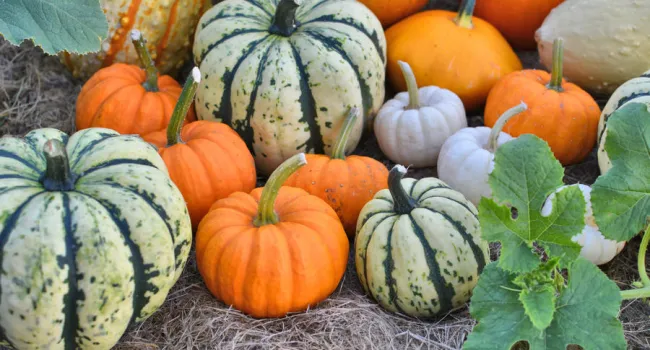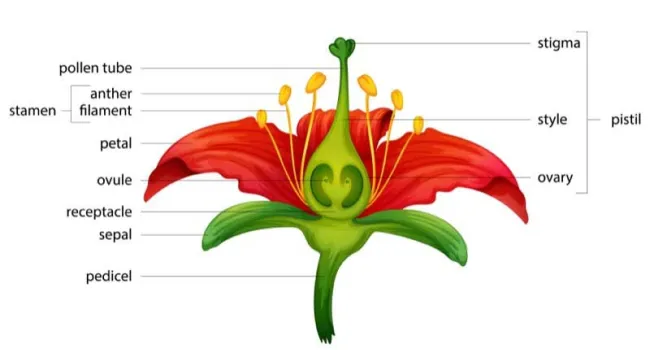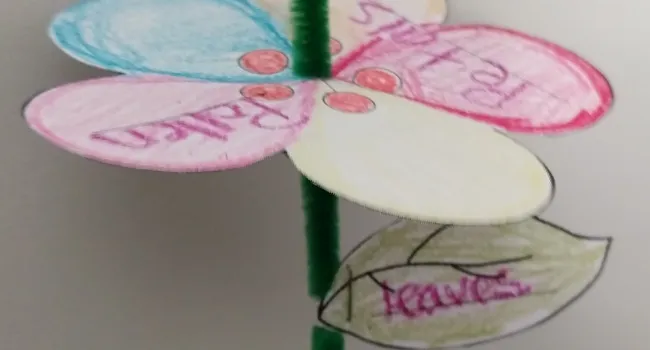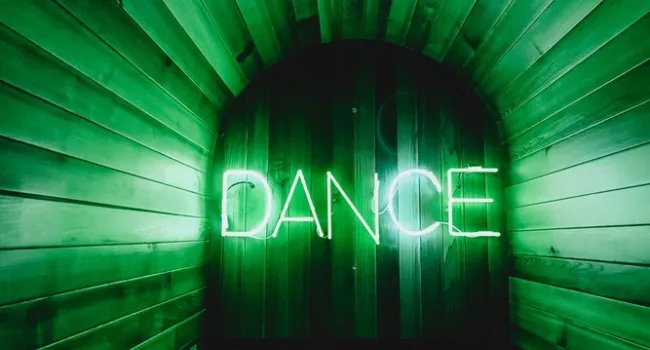
Lesson
Grades: 1
Students will learn how about the structures of corn and how it is pollinated. Students will also make their very own painting using corn on the cob!
Grade(s): 1
Subject(s): Science
Year: 2014

Lesson
Grades: 1
Students will learn how about the structures of corn and how it is pollinated. Students will also make their very own painting using corn on the cob!

Lesson
Grades: 1
Students will learn about pine trees including how they are pollinated and how their seeds are dispersed through the use of pine cones. They will also make their very own pine cone bird feeders.

Lesson
Grades: 1
Students will explore foods used during Thanksgiving, and how some of these foods are pollinated by insects. Using cranberries as an example, students will explore why they are considered a fruit, how...

Lesson
Grades: 1
A lesson to teach students about the various pollinators we have along with the products we use that come from pollinated plants. Students will examine various products that came from plants that were...

Lesson
Grades: 1
A lesson to teach students what constitutes an insect and how they act as our pollinators. Students will be able to identify insects based on a set of features and distinguish them from other "bugs".

Lesson
Grades: 1
Students will learn about different crops that require pollination. Using pumpkins as a model, students will explore how pollination occurs, and the subsequent life cycle of the plant.

Lesson
Grades: 1
Students will learn what happens after pollination occurs: seeds are made! Students will examine seeds and learn how they become adult plants.

Lesson
Grades: 1
A simulation to give students an understanding of the conditions that trees need to live and grow and to help them learn that trees often must compete for their needs.

Lesson
Grades: 1
Students will learn about hummingbirds and how they act as specific pollinators to certain types of plants/ flowers. Students will make their own hummingbird feeders to understand how they feed.

Lesson
Grades: 1
Students will learn about how butterflies and how they act as pollinators. Students will examine how butterfly patterns help them blend in with their environments and avoid predation.

Lesson
Grades: 1
Students will learn about bumblebees and how important their habitat is to their survival. Students will learn the importance of bumblebees including their habitats, what they eat, and how they...

Lesson
Grades: 1
Students will examine the various parts of flowers through the use of dissection Students will understand how pollination occurs

Lesson
Grades: 1
Students will learn what pollinators are, why they are important, and some examples of who these pollinators are. Students will be able to identify how pollination occurs and important crops that are...

Lesson
Grades: 1
This lesson is part of an integrated unit that combines dance and the plant life cycle from 1st grade science standards. Students will use their knowledge of the plant life cycle and the dance...

Lesson
Grades: 1
For this project-based lesson, students will learn the parts of a pumpkin, create their own measurement tools and measure the height of pumpkins, and plant their own pumpkin seeds to learn the life...